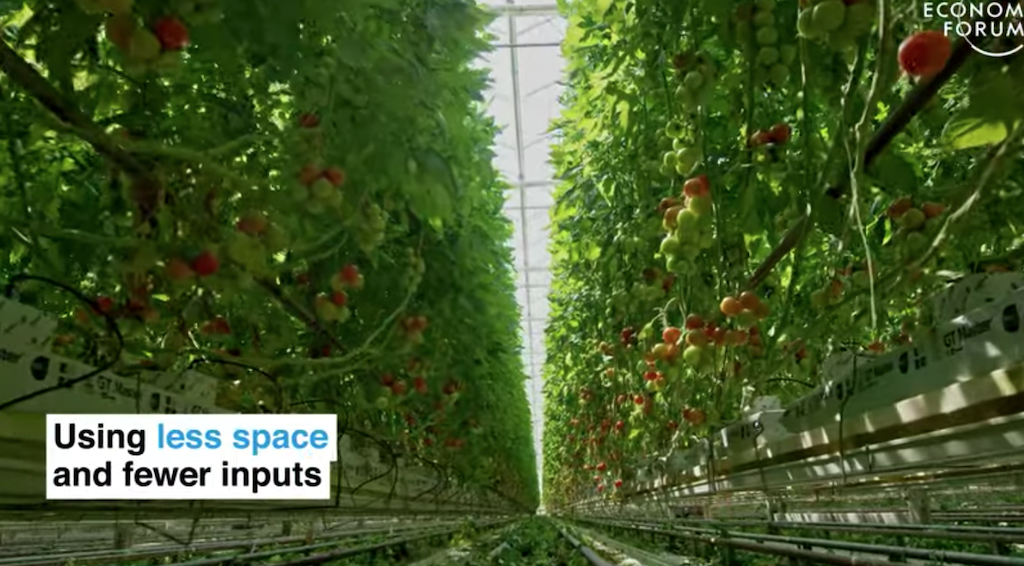Dutch tomatoes and sustainable agriculture with geothermal as key ingredient
The Dutch agriculture sector, particularly the greenhouse sector is showing the world the way on sustainable horticulture for food production, with geothermal energy as a key ingredient.
Feeding the world with an ever growing population is a challenge, particularly at current level of food production, which would require clearing most of our forests. So at least does the World Economic Forum describes it and points to the approach to sustainable horticulture as option for a more sustainable food production future.
Today, the Netherlands are the second-largest exporter of agriculture in the world. This is remarkable given how relatively small the country is.
The total exports of the country were EUR 101 billion in 2017, of which EUR 9.1 billion are flowers and vegetables EUr 6.7 billion. This is a remarkable share in overall exports. Nearly a quarter of all export go to Germany, followed by Belgium and the UK as key destination of exports. The Netherlands are the EU’s biggest agri-food exporter and second worldwide.
With expensive land and labour, the Netherlands has to be more efficient to remain competitive and that drives innovation and technology.
WEF mentions Duijvestijin Tomatoes as a good example of that sustainable and innovative agriculture sector of the country. The company has been using geothermal energy to heat its greenhouses since 2011, utilising hydroponic systems using less water to grow its produce. On only 14 hectares the company produces around 100 million tomatoes per year, according to the company. Utilising geothermal clearly helps the company cut down the use of gas and thereby greenhouse gas emissions.
Source: World Economic Forum


















